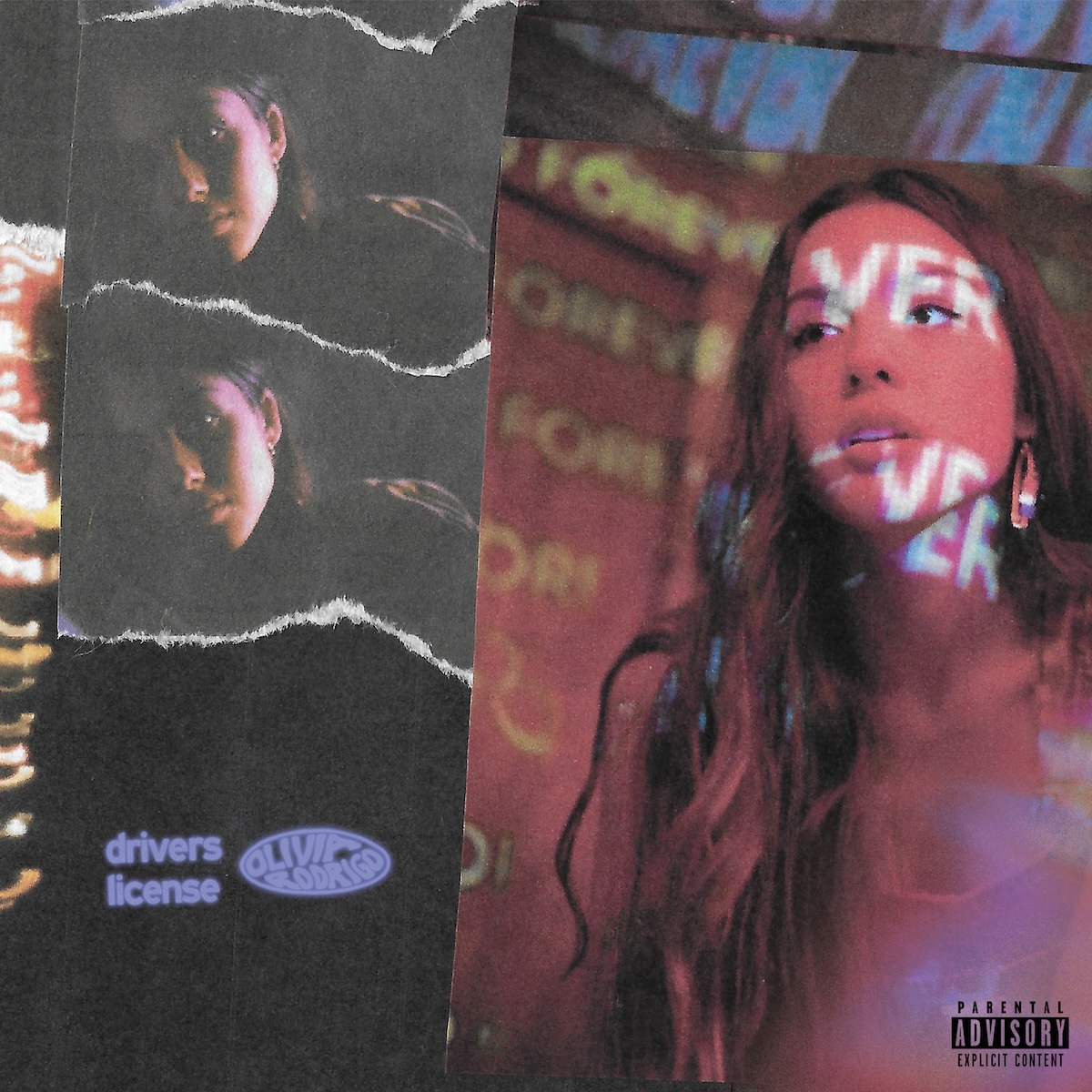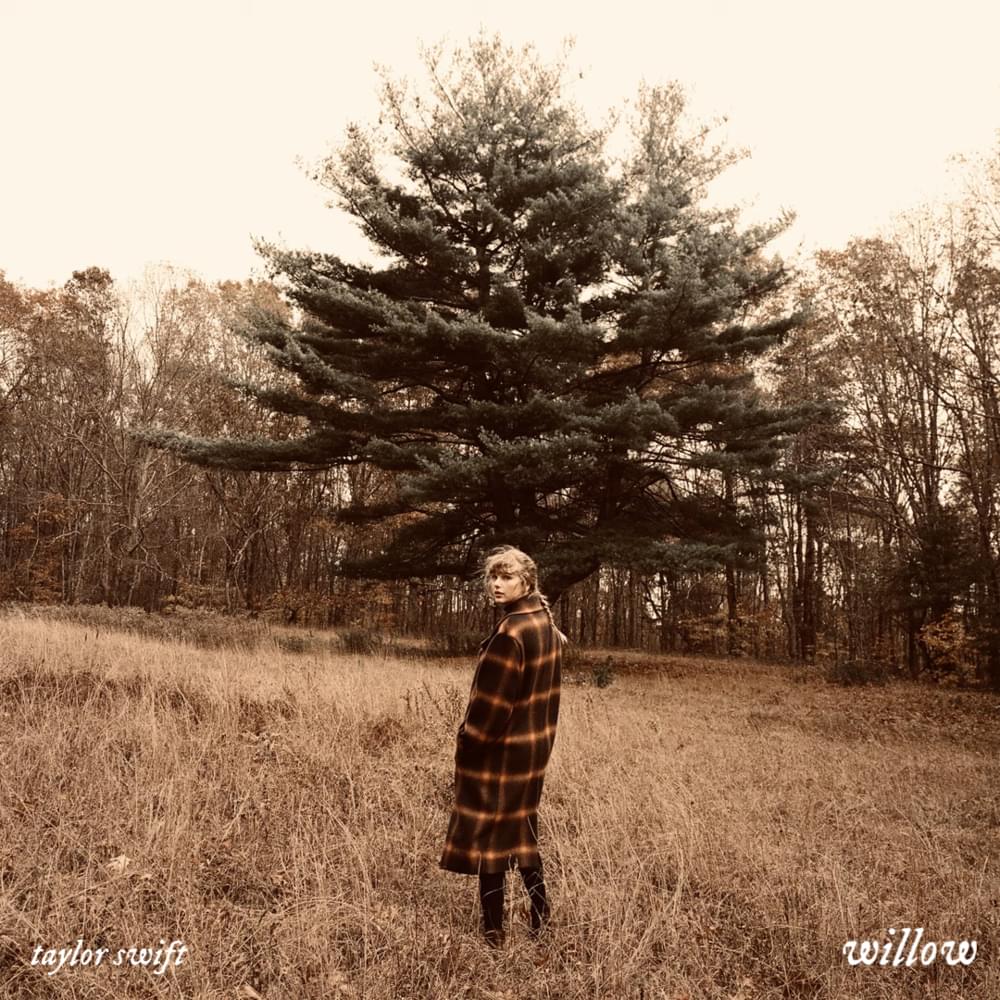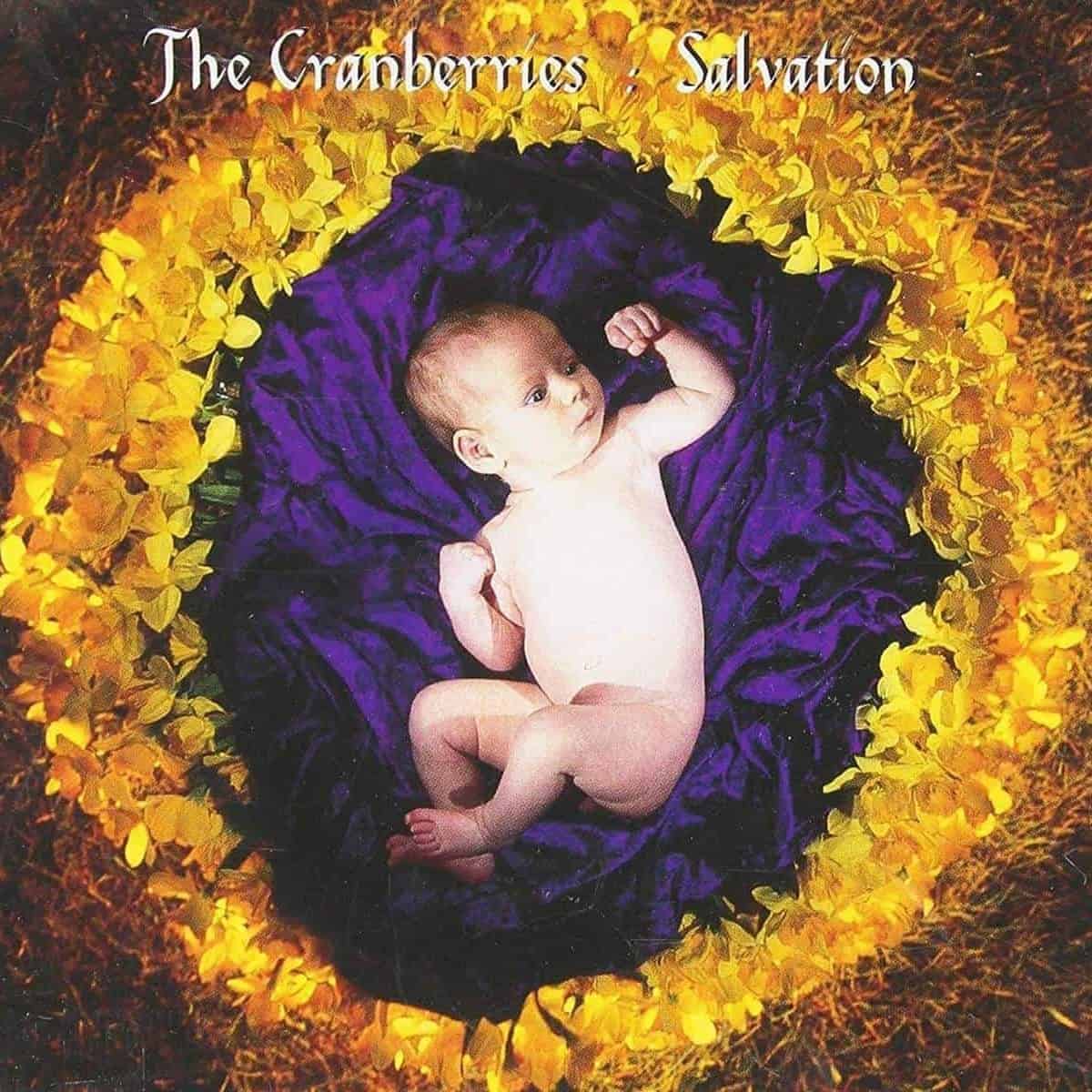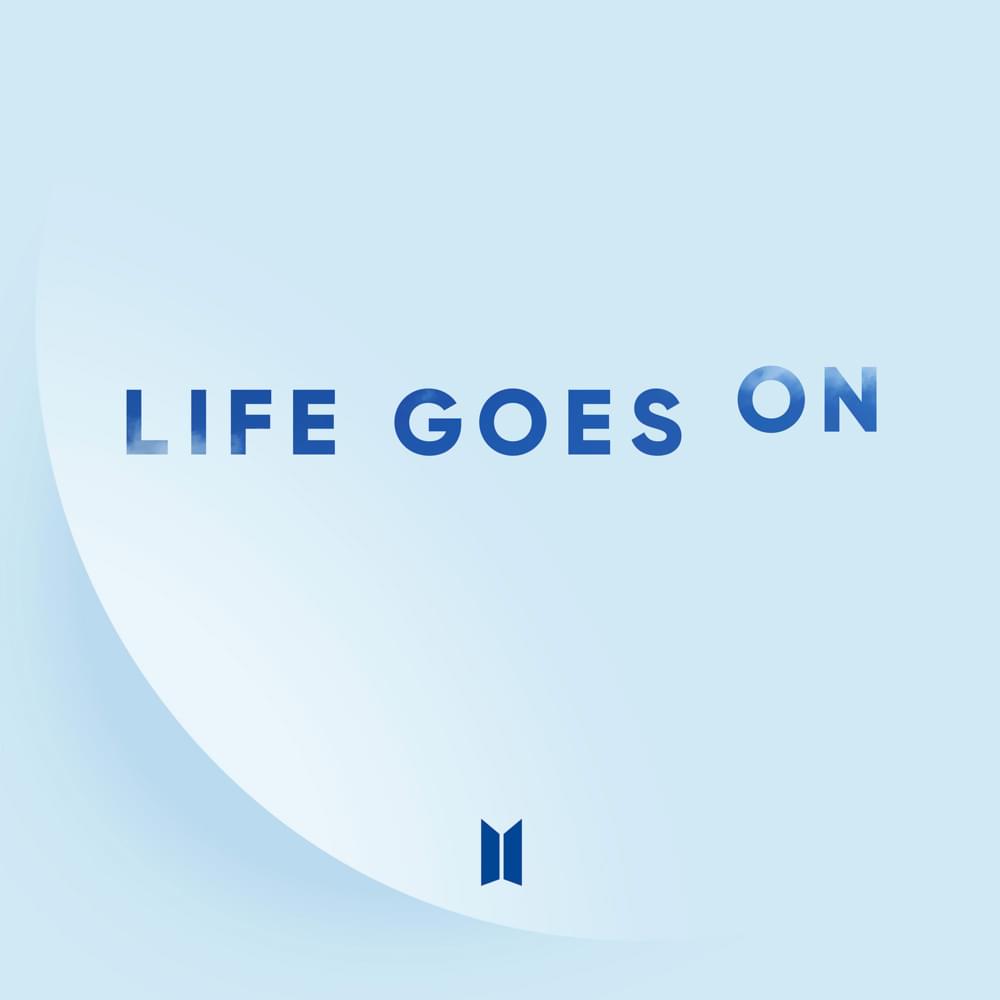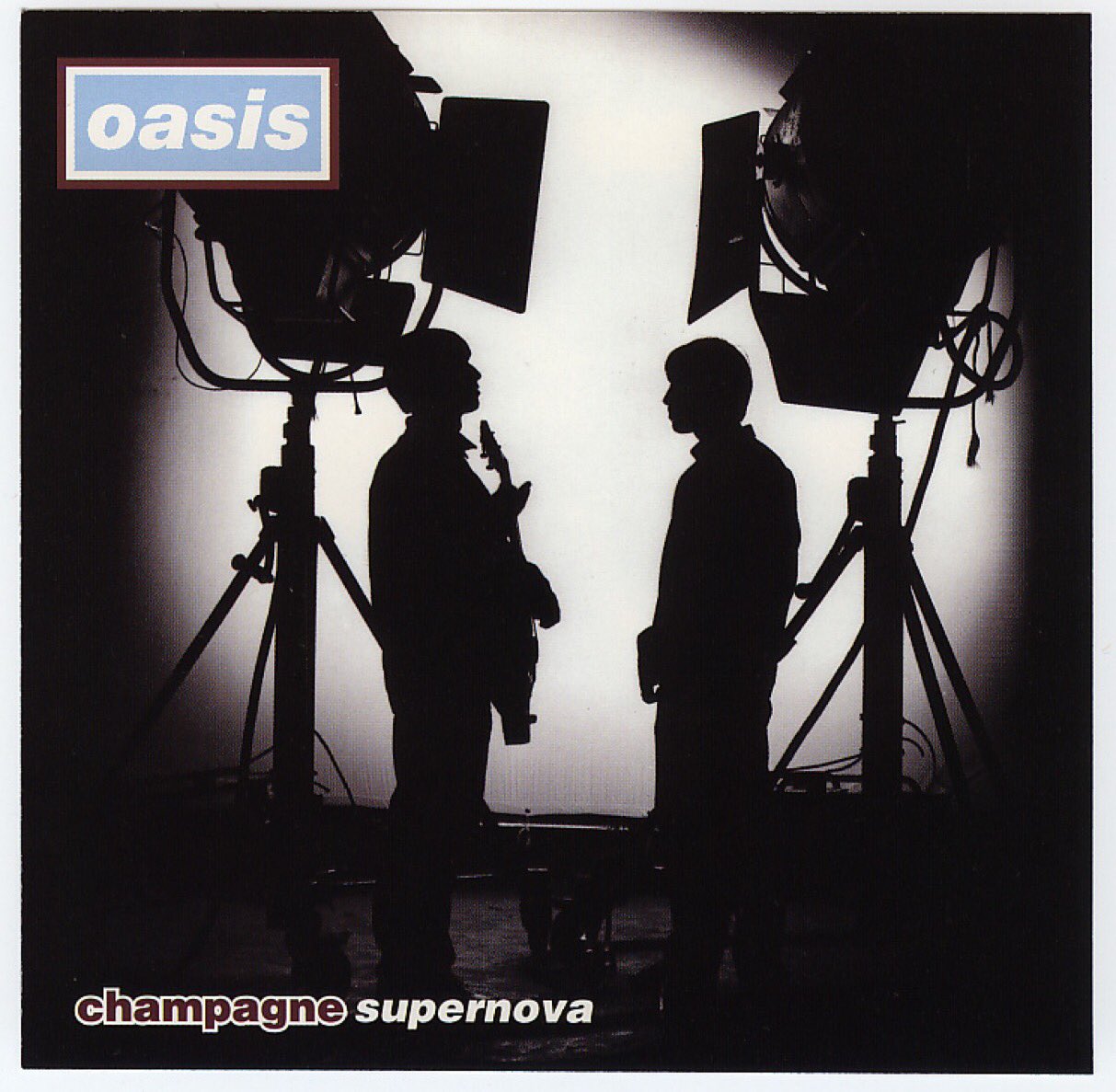In The Number Ones, I'm reviewing every single #1 single in the history of the Billboard Hot 100, starting with the chart's beginning, in 1958, and working my way up into the present.
Lionel Richie - "Truly"
HIT #1: November 27, 1982
STAYED AT #1: 2 weeks
How many people leave popular groups, go solo, and immediately hit the imperial phase of their careers? It almost never happens. When Justin Timberlake left *NSYNC and went solo, he was immediately a huge deal. But Timberlake didn't score a #1 single on his own until his second album. So Lionel Richie is a true rarity, a conqueror right out of the gate.
By 1982, Lionel Richie had already hit #1 a couple of times with his old group the Commodores. He wrote and produced Kenny Rogers' "Lady," another #1. And he wrote, produced, and sang one of the biggest songs of 1981. Technically, "Endless Love," a nine-week chart-topper, was Richie's solo debut. It was the first time his name had been on the cover of the record, even though the song was a duet with the more-famous Diana Ross. Richie was still a Commodore when he and Diana Ross made "Endless Love." He would not remain a Commodore for long.
Richie may have been a newly minted solo artist when he came out with "Truly," his first truly solo single, but his sound was well-established. "Truly" sits comfortably in the same lane as Richie's four previous #1 hits -- grand, drippy, unchallenging adult-contempo love ballads. Richie had figured out an insanely successful formula. With "Truly," he did not challenge that formula one bit.
Richie hadn't yet left the Commodores when he recorded his self-titled solo debut, but everyone involved must've known that his departure was inevitable. Richie finally made it official shortly after the album dropped in October of 1982. But Richie didn't have to build any kind of new sound or image -- at least, not at first. "Truly" is just one more grandly gloopy Lionel Richie ballad. Squint your ears, and all five of those early Richie chart-toppers melt into one vast, continuous ur-ballad.
There's nothing wrong with "Truly," exactly. The song hits its marks, and it delivers everything that you'd expect from a Lionel Richie ballad. The structure, admittedly, is a little weird. There's no real chorus. Instead, it slowly builds, one verse slightly bigger and more heavily orchestrated than the last. Richie doesn't sing the title of the song until it's more than halfway done, so maybe that's the chorus -- just one iteration at the end of the song, as on Journey's "Don't Stop Believin'." ("Don't Stop Believin'" peaked at #9 in 1981. It's a 10.) But you have to be paying close attention to even notice that structural decision, and "Truly" is not the kind of song that rewards close attention. It's a song that exists to be ignored, like a painting hanging on a motel-room wall.
On "Truly," Richie's voice is an elegant simper, and he sighs out mostly-meaningless love babble: "I, as long as I live/ I'll give you all the joy my heart and soul can give." Richie plays the same piano that Carole King played when she made Tapestry. The session musicians, including Little Feat co-founder Bill Payne on Fender Rhodes, do session-musician things. The song never offends, but it never stands out, either. It just drifts by frictionlessly, leaving no impression.
Even with all that past pop-chart success, it's vaguely impressive that Richie could succeed the way he did at the end of 1982, when MTV was still in ascension. In those early days, MTV programmers didn't much care for ballads, and they didn't play Black artists at all. Richie didn't even bother to make a video for "Truly," and the single succeeded anyway. About a year later, Richie would become a constant MTV presence.
Richie released two more singles from his self-titled debut, and both were huge hits, though neither made it to #1. "My Love," which peaked at #5, was another wet-eyed piano ballad that expresses exactly the same uncomplicated devotion as so many other Richie piano ballads. (It's a 5.) But "You Are," which peaked at #4, represented a path forward for Richie. "You Are" is a breezy midtempo lite-funk number -- not a ballad, though it's as gentle as one. (It's a 4.)
In the years ahead, Richie would find even greater success by switching back and forth between the middle-of-the-road balladry that came so easily to him and the dancey big-pop sound of the moment. He will be in this column again.
GRADE: 4/10
BONUS BEATS: Here's Lady Antebellum, the country group that only just changed their name to Lady A, covering "Truly" at a 2012 ACM tribute to Richie:
(Lady A's highest-charting single, 2009's "Need You Now," peaked at #2. It's a 6.)
THE NUMBER TWOS: Laura Branigan's strutting, stomping, mane-shaking synth-rock belter "Gloria" peaked at #2 behind "Truly." (Maybe it would've gone all the way if anyone had put any energy whatsoever into the video.) It's a 9.
[videoembed size="full_width" alignment="center"][/videoembed]

